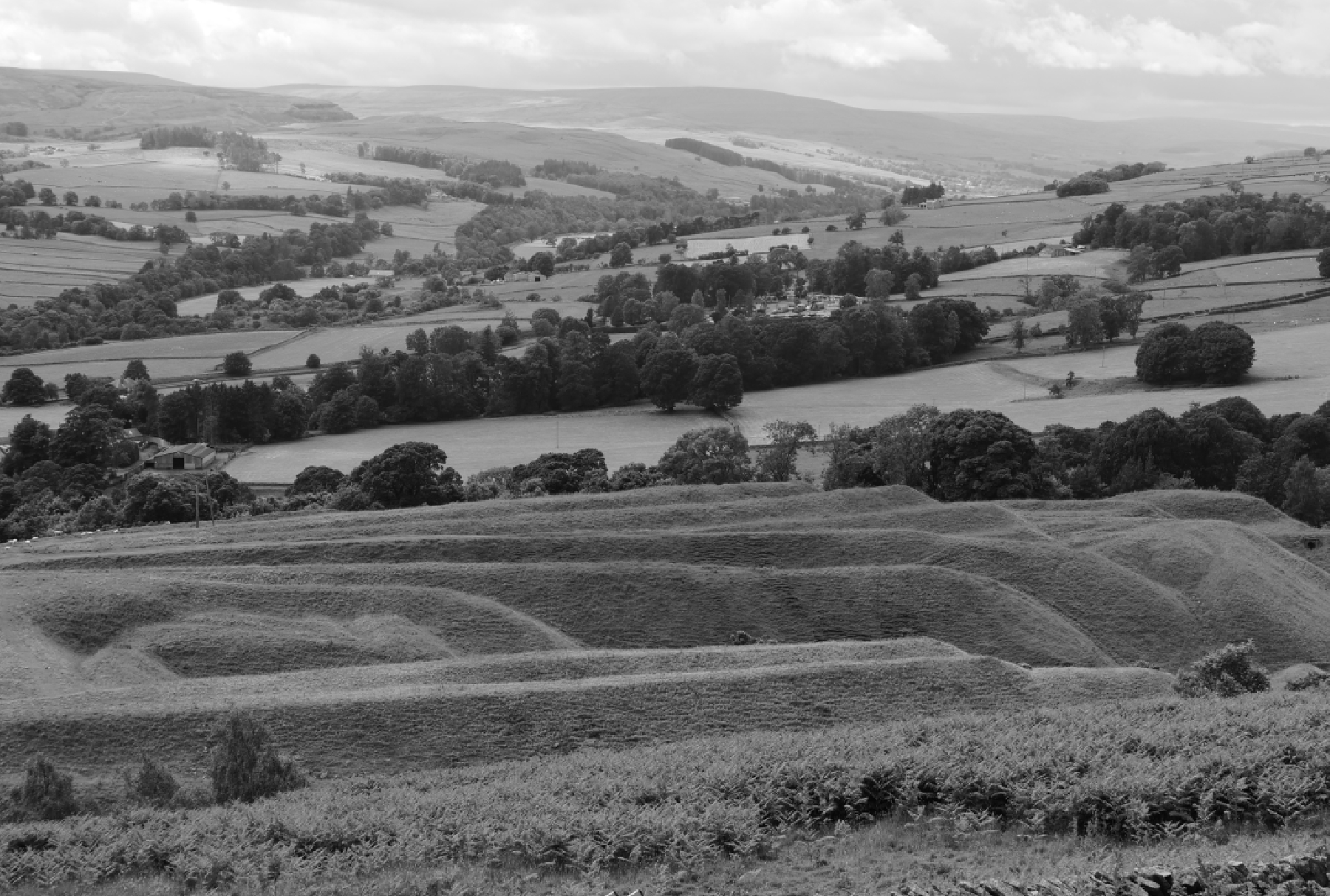Devastation, dislocation and (re-) settlement
Breaking/replacing the people-place connection in landscape
Devastation, dislocation and (re-) settlement: Breaking/replacing the people-place connection in landscape
About our Project:
Destruction, dislocation and (re-) settlement’ will explore the social and cultural impact of the rapid and fundamental devastation of a landscape. Using a broad understanding of ‘landscape’ as a societal seat of people’s identity and connection with their environment (which foregrounds the role of perception in the construction of landscape), we will research the landscape impact of deliberate human actions, exemplified by war and social domination, rather than destruction caused by ‘natural’ events, or the transformations of landscape caused by very long-term processes.
We will focus on two types of destruction: the devastation of a landscape in both material and mental dimensions, and the dislocation of a community or society from their landscape by forced migration or diaspora. We will use historical examples to explore the mechanisms of destruction and the aftermath and adaptation that arises from it. Broadly, we aim to understand how deliberate devastation of landscapes impacts on communities beyond the economic and functional level, and more specifically whether sudden devastation or dislocation leads to disempowerment, creates options for empowerment or acts as a catalyst for social change. We will also study the factors that affected recovery and response, including societal resilience, and explore the societies that emerged as a consequence of the disruption of the people-place relationship that is landscape.
Our primary case study will be the devastation of The Palatinate by French armies in 1689-1693, with its consequences for both the destruction of landscape, and the relocation of its peoples to ‘new’ landscapes in England (and thence, often, to English plantations in Ireland and North America). This major case study thus links our two countries in a very direct manner.
Our research will be further illuminated by assembling an ‘anthology’ of less detailed case studies drawn from existing research. They will help us to contextualise our primary Palatinate case study in a broader historical and geographical frame. The anthology will include topics such as major enforced land reorganisations in contexts from colonial Ireland to Soviet-era Ukraine, the re-shaping of twentieth-century cities after war and during modernist replanning, and the impact of forced migration. All these case studies, though historically situated, will have topical relevance to present day and future challenges; equally our results will have resonance for future policy concerned with landscape planning and design.
We have defined four principal Research Questions to answer through our project by conceptualising the formation and destruction of landscapes and identities as a mutual process of intimately intertwined dependencies by studying:
- how the deliberate devastation of landscapes in the past impacted on communities beyond the economic and functional level, especially in terms of their constructions of mental landscapes and sense of place.
- whether sudden devastation or dislocation leads to disempowerment or (by contrast) offers options for empowerment of social groups and therefore catalysing social change. What constitutes a sufficiently fundamental devastation/dislocation to cause rapid social change?
- the factors that affected the recovery and response, i.e., societal ‘resilience’? What landscape-related strategies were followed in the immediate aftermath of devastation or dislocation (in the response-phase of the disaster-cycle) to re-arrange and re-accommodate social structures and shared or individual identities?
- the kind of societies that emerged as a consequence. To what extent are factors such as social cohesion or the power to exercise agency the defining factors in the creation of new landscapes? How far does coping with devastation produce similar practices and structures as coping with dislocation? Is the destruction of place and landscape more or less significant than forced migration?
Acknowledgements
Contact: Dr Stelios Lekakis (PDRA)
Telephone: +44 (0) 191 208 2203
Email: stelios.lekakis@ncl.ac.uk
DFG-AHRC Cooperation: Joint German-British Project Proposals in the Humanities, incl. Law and Linguistics funded by the Deutsche Forschungsgemeinschaft (DFG, German Research Foundation) project no 468455366 (funding period: 2022-2024).
This research is funded through the UK-German Funding Initiative in the Humanities by the Arts and Humanities Research Council [grant number: AH/W010674/1].
Website images provided by Julia van Duijvenvoorde.
